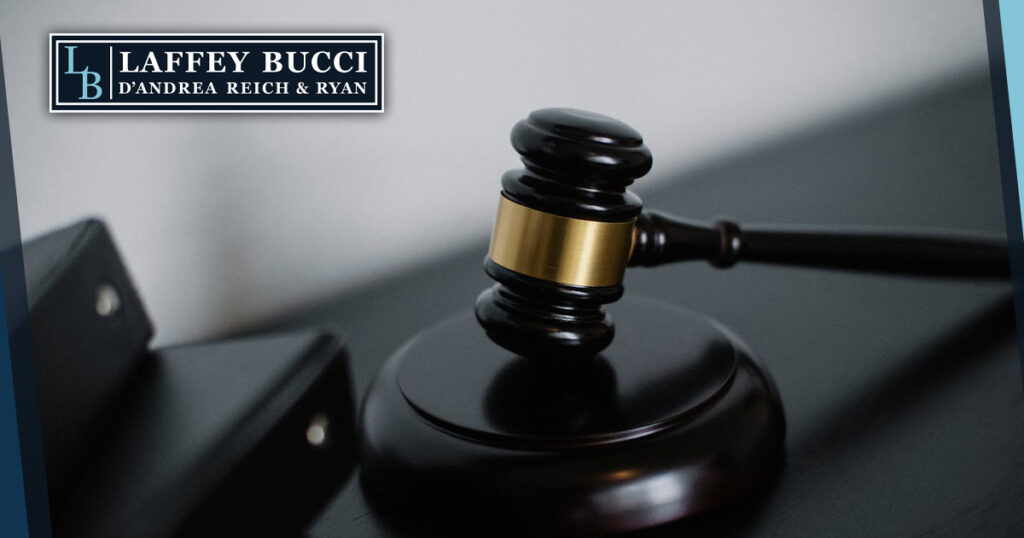Criminal Law – Hazing in NJ High Schools & Colleges
Several New Jersey high school football students are facing criminal charges for the alleged hazing of younger team members. The allegations are quite serious and involve egregious acts of sexual assault. The students involved are from Sayreville, New Jersey, which is located just outside of New Brunswick in Middlesex County. As a result of the high profile case, the school district has cancelled the high school’s football season. One of the students involved, a star football player, has had his scholarship to Penn State pulled.
This isn’t the first school hazing scandal in New Jersey. In fact, New Jersey has seen its fair share of school hazing scandals. In 2007, a freshman from Rider University died during a fraternity party. The young man’s blood alcohol was .426. As a result of the death, three students, including the fraternity’s pledge master and fraternity president, were charged under New Jersey’s hazing law. In addition, roughly a dozen students were charged with providing alcohol to underage students.
Also, at least one hazing incident in New Jersey involved acts similar to those alleged in the more recent Sayreville hazing incident. In the late 1980’s, football team members from Lyndhurst (Bergen County, NJ) were accused of forcing a sophomore to sodomize a teammate while other, older members of the team watched.
Related: Liability in School Hazing Cases
The Crime of Hazing, Aggravated Hazing in New Jersey
New Jersey was one of the first states in the U.S. to pass an anti-hazing law. Over 30 years ago, in 1980, New Jersey’s legislature passed NJ Revised Statute Section 2C:40-3, which provides:
a. A person is guilty of hazing, a disorderly persons offense, if, in connection with initiation of applicants to or members of a student or fraternal organization, he knowingly or recklessly organizes, promotes, facilitates or engages in any conduct, other than competitive athletic events, which places or may place another person in danger of bodily injury.
b. A person is guilty of aggravated hazing, a crime of the fourth degree, if he commits an act prohibited in subsection a. which results in serious bodily injury to another person.
Legal Analysis of NJ’s Criminal Hazing Law
The key under this law is an act which places another person in danger of bodily injury. Therefore, verbal abuse is not enough. Rather, there must be a direct act that is reasonably likely to lead to physical injury. Acts which would qualify as hazing under this law include:
- sexual abuse/assault
- physical assault,
- forced drug/alcohol consumption, and
- other risky/dangerous acts.
Consent is not a defense to the crime of hazing. Someone who hazes another individual cannot defend the case by saying the individual being hazed consented or invited the hazing. See 2C:40-4 (Consent not available as defense to hazing).
Criminal Penalties for School/College Hazing in NJ
Individuals found guilty under NJ’s hazing law can be sentenced up to 18 months in jail and fined up to $10,000. However, hazing crimes are considered the lowest level of crimes in NJ and are considered disorderly persons offenses. These cases are handled at the municipal court level. In most cases involving school/college hazing, the perpetrators will be eligible for a pre-trial intervention program, a special diversionary program for first time, low level crime offenders. In addition, actual jail time is not likely for first time offenders.
For these reasons, many victims of hazing, especially in serious cases, often feel that the criminal court system simply does not bring any real sense of justice. In school hazing cases, perpetrators often get off with a slap on the wrist. However, what many hazing victims don’t know is that they may be able to seek justice through the civil courts, where financial compensation is the usual outcome.
DISCLAIMER: This website does not create any attorney-client relationship or provide legal advice. It is crucial to speak to a qualified lawyer prior to making any decision about your case. Read full disclaimer at the bottom of this page.

